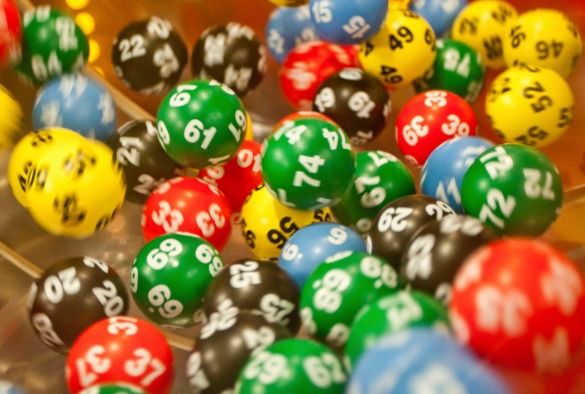
Professor Peter Kinderman, University of Liverpool’s Institute of Psychology, Health and Society:
“Don’t get me wrong, I bought a ticket. I actually bought five. Not that it got me a share of the £66m that was shared between two British lottery winners. Then, it was announced that three winners are to share a record US$1.6bn (£1.1bn) on a US lottery. But does winning the lottery really guarantee happiness?
There are all kinds of stories about the double-edged transformational power of sudden wealth. Viv Nicholson shot to fame in 1961 when she told journalists she would “spend, spend, spend” after winning £152,319 on the football pools. She certainly did so – with very mixed results. They even ended up making a successful musical about her highs and lows. But my favourite (probably fictional) story about successful gambling has to be the one about the famous footballer who was discovered in a hotel bed with a scantily clad supermodel. They were lying among the scattered winnings from a night in a casino and a bottle of champagne, only for him to be asked: “So where did it all go wrong?”
Joking aside, sudden wealth can be a difficult adjustment. Overnight your life changes. You move house, possibly to another country, and you leave your job. Your friends and family members all start treating you radically differently, making you immediately suspicious of their motives. People you’ve never met start discussing your morals and personality traits – usually in negative terms. Security professionals start giving you heavy advice on the threats you now face. All in all, a scary prospect.
Money makes a big difference
There’s very good evidence that poverty makes you miserable, but then again wealth doesn’t necessarily make you happy. When you are very poor, an additional sum of money will make a very big difference to your happiness and well-being. But when you are anything above moderately well off, additional sums of money don’t make that much difference. Money might take away the difficulties of poverty, but it can’t do much for your relationships, your sense of meaning and purpose in life, wider political issues, or the state of the environment.
So if money doesn’t bring us everything that makes us happy, and can damage the things in our lives that do matter, what should you do if you win the lottery?
Boringly (and this is not a lottery-winner’s diet), get the basics right. Eat good, nutritious food. Get saturated fat content down and keep salt content low. Eat enough fresh fruit or vegetables each day and drink plenty of water. Aim to get your BMI in the healthy zone. Don’t smoke, drink moderately and be quite cautious with recreational drugs. And get at least seven hours sleep a night. Sleep is really important and studies suggest the brain needs sleep to also remain physically healthy.
Recommendations
If this sounds familiar, it’s because the prescription for happiness whether rich or poor is actually very similar. Fortunately you can do it on a shoestring.
When it comes to well-being, the mental health charity Mind and the NHS recommend a five-step approach. It’s worth summarising it here:
- Keep active – do something physical each day. It could be as simple as taking the dog out for a walk (if you’ve got one).
- Maintain your relationships – friends are vital for all kinds of reasons. We can all take steps to maintain them: phone, write, text. You might even consider a kind of semi-professional approach – self-help groups to meet people in a similar position.
- Learn – I would say this, I’m an academic. Keep your brain active. Engage it. Your brain is the most fantastic machine ever created.
- Give – this isn’t political brainwashing. There’s good evidence that getting involved in charitable activity makes people happier (and it’s probably better to give your time and effort, rather than money).
- Stay open-minded – partly, this means becoming able to decide where to focus your attention. If you’re good at this, it’s less likely that your thoughts will always drag back towards negative rumination.”
This article was originally published on The Conversation website and can be found here.
